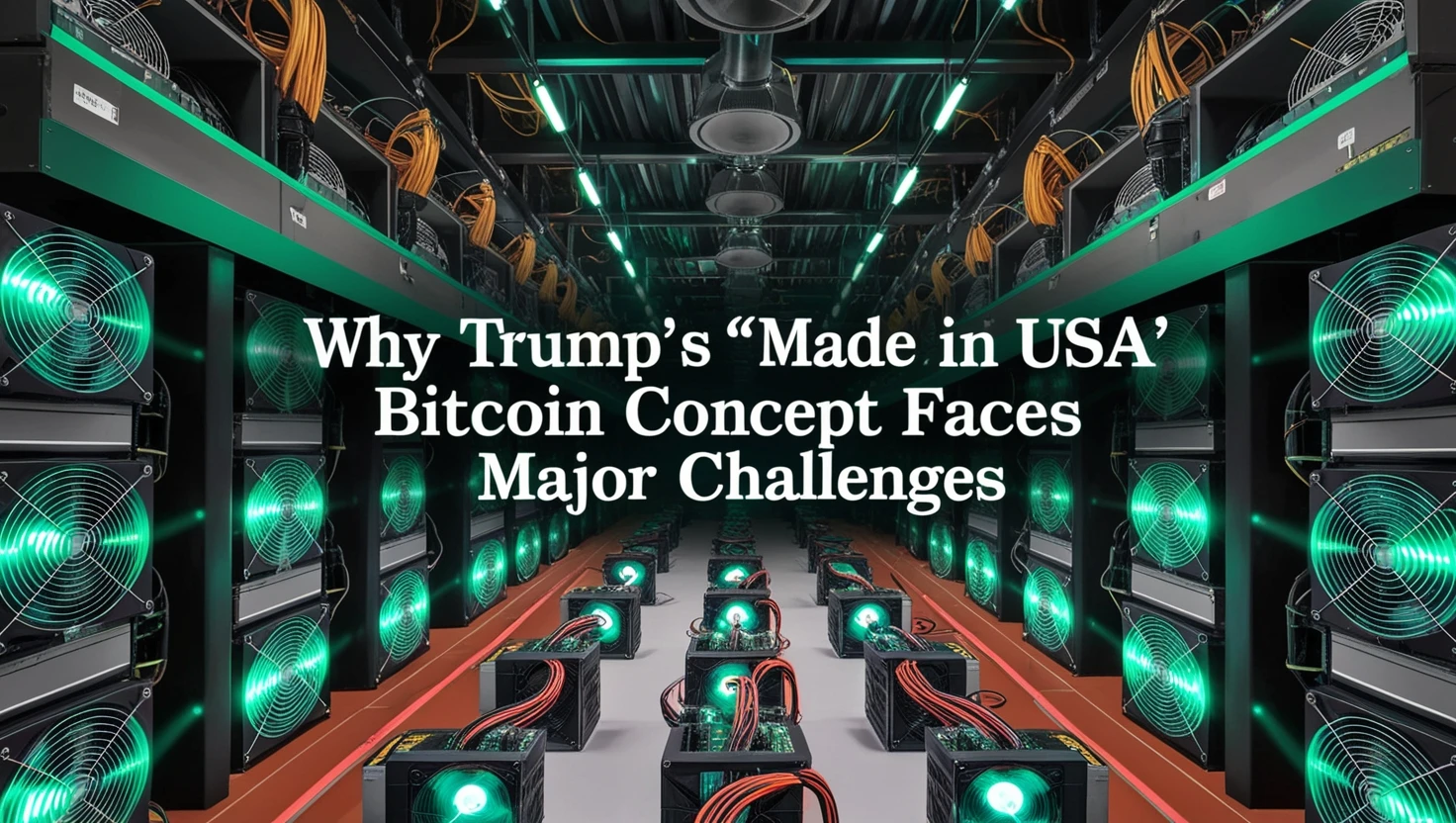As Donald Trump prepares to deliver on his campaign promises, one of his most challenging tasks may be fulfilling his pledge to ensure all remaining Bitcoin is “made in the USA.” This statement, made in a June post on Truth Social following a meeting with cryptocurrency mining executives at Mar-a-Lago, represents a shift in Trump’s stance on crypto—from skepticism to staunch support. During the meeting, Trump met with executives from major crypto mining firms, whose massive data centers verify blockchain transactions and are compensated in Bitcoin and other cryptocurrencies.
However, this vow to keep Bitcoin production domestic may be difficult to achieve. Blockchain technology, by its nature, is decentralized, meaning no entity has control over the process or can prohibit others from participating. Furthermore, the global mining landscape has become increasingly competitive, with new players from Russia, Dubai, and China entering the industry, using their vast resources to take part in the energy-intensive, yet highly profitable process. While nearly 95% of the 21 million Bitcoin supply has already been minted, the final cap isn’t expected to be reached for another century.
In the U.S., Bitcoin mining has become a multi-billion-dollar industry, bolstered by soaring cryptocurrency prices. Despite this growth, U.S. miners still account for less than half of the total computing power dedicated to Bitcoin mining worldwide. Industry experts suggest that it’s virtually impossible for American companies to dominate the global network. Companies like Luxor Technology, which provides services to miners, have extensive data on the distribution of mining power across different regions, offering insight into the expanding reach of non-U.S. mining operations.
Domestic mining companies such as CleanSpark Inc. and Riot Platforms Inc. have rallied behind Trump’s support, hoping it will result in less scrutiny of their industry’s environmental impact, reduced competition from overseas, and a rollback of regulations under the Biden administration. Trump’s backing of cryptocurrency helped raise $135 million in campaign donations from the industry during the previous election cycle, the highest amount from any sector.
While U.S. mining operations have expanded rapidly and the crypto market is enjoying a new surge, factors like U.S. economic sanctions and inflation in emerging economies have encouraged international miners to accelerate their operations. Taras Kulyk, CEO of Synteq Digital, a major broker for Bitcoin mining hardware, predicts significant growth in Eastern European markets like Kazakhstan, and rising demand from Asia, Africa, and the Middle East.
Although China banned Bitcoin mining in 2021, mining activities have picked up again in the country as the government eases restrictions. Similarly, Russia’s shift towards a more favorable stance on crypto has revived mining operations there. For many countries in Africa and South America, mining Bitcoin offers substantial margins compared to the U.S. The availability of cheap energy in places like Ethiopia, known for its hydroelectric power, has made it one of the fastest-growing hubs for crypto mining on the continent. Similarly, Bitcoin mining in Argentina has become a hedge against inflation, as miners earn U.S. dollar-denominated revenue.



